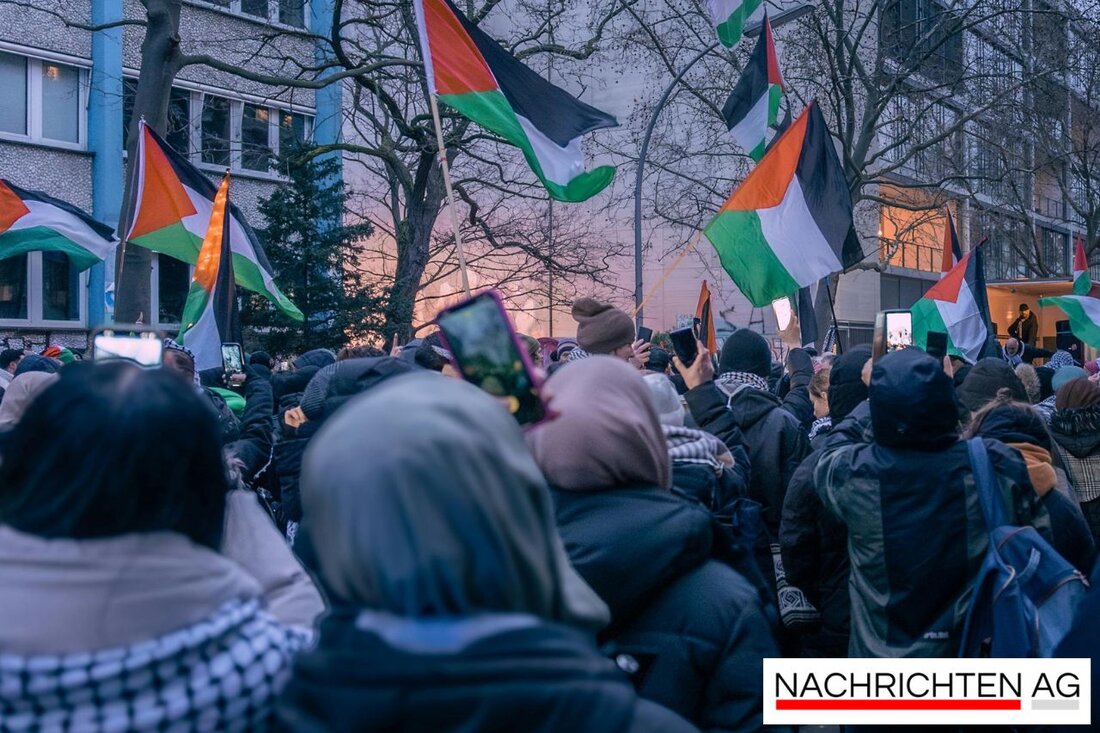Peine de mort for terrorists: Knesset approves controversial law!
On November 10, 2025, the Knesset decided to introduce the death penalty for terrorists against Israel, which was criticized internationally.

Peine de mort for terrorists: Knesset approves controversial law!
The political situation in Israel continues to deteriorate: On November 10, 2025, the Knesset, the Israeli parliament, approved a controversial legislative initiative to introduce the death penalty for terrorists in a first reading. This decision, adopted by 39 votes to 16, primarily targets individuals responsible for deadly attacks against Israelis, with a particular focus on Palestinians reported.
The text of the law specifies that the death penalty applies to persons who intentionally cause the death of an Israeli citizen for racist or hostile motives. Critics fear that the wording could primarily affect Palestinians, while the same regulation does not apply to attacks by Israelis on Palestinians. In addition, the new legislation could be aimed primarily at Arabs, while extremist Jewish groups are more likely to get off scot-free supplemented.
Political backgrounds and challenges
National Security Minister Itamar Ben Gvir had previously threatened to withdraw his support for the government if the law was not passed. This threat reflects the enormous pressure on political decision-makers. It is clear that the introduction of the death penalty is also intended to be a measure to combat terrorism, with the Knesset itself stating that the legal norms serve the purpose of discouraging terrorist activities reported.
Another significant point: This decision comes during a fragile ceasefire with Hamas that came into effect on October 10. The organization has condemned the legislative initiative as a violation of international law and called on the international community to respond accordingly. The Palestinian Authority also sharply criticized the plan, describing it as a step towards genocide and ethnic cleansing clearly.
Resistance in society
Despite approval in parliament, the initiative faces strong resistance within Israel. The left-wing political opposition unanimously rejects the bill. Voices from this corner emphasize that the law promotes populist and extremist tendencies. Another notable point is that the last execution in Israel took place in 1962, when Adolf Eichmann was executed for crimes against humanity. This long pause makes the new regulation seem even more crucial and controversial added.
The situation in the region remains tense, and journalistic reporting is also being affected by aggressive behavior by settlers in the West Bank. In recent weeks, numerous journalists have been attacked while trying to document the reality on the ground. This casts a further shadow on an already divided society and the need to ensure the safety of everyone, including the media expresses.
Once again, the global community is faced with the challenge of standing up for humanity and justice in such a conflict-ridden area. The coming weeks and months could be crucial in determining how these laws develop and what impact they will have on the fragile peace in the region.

 Suche
Suche
 Mein Konto
Mein Konto